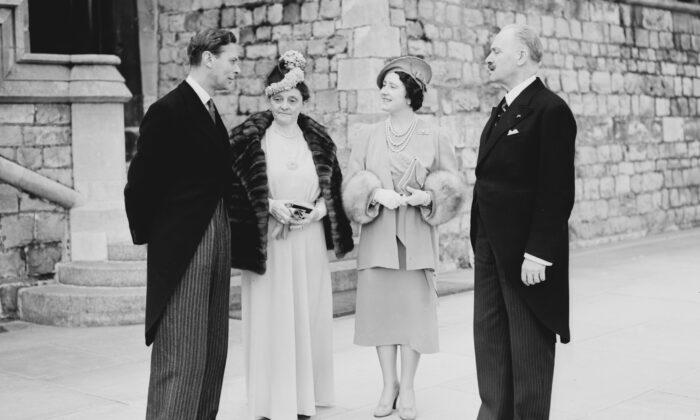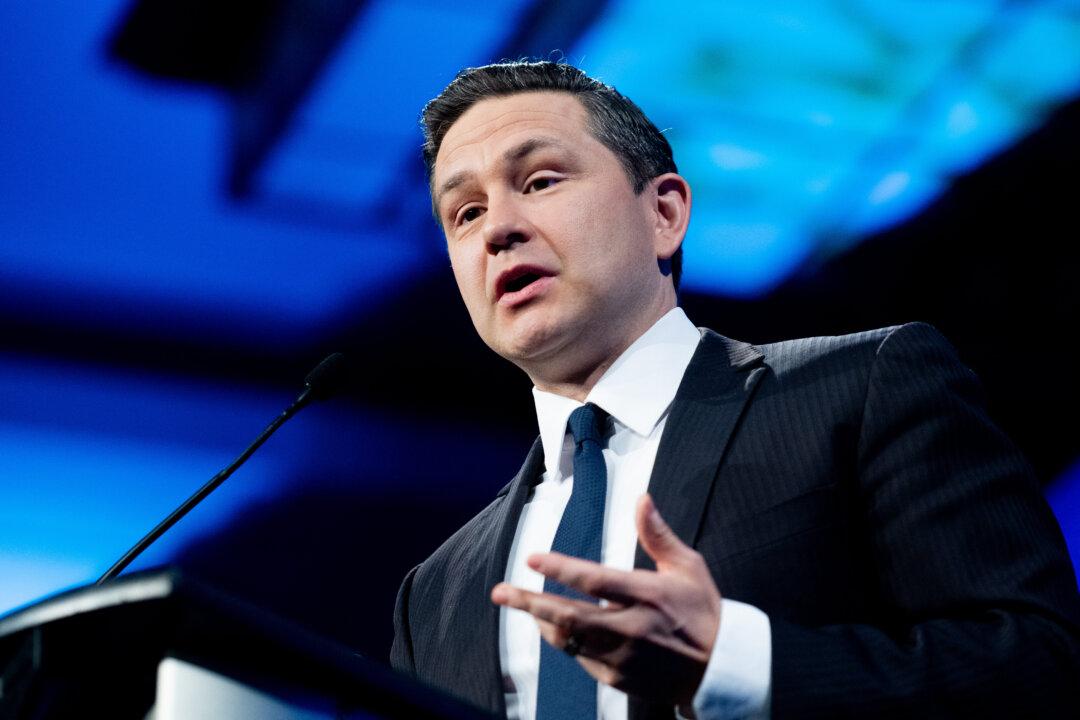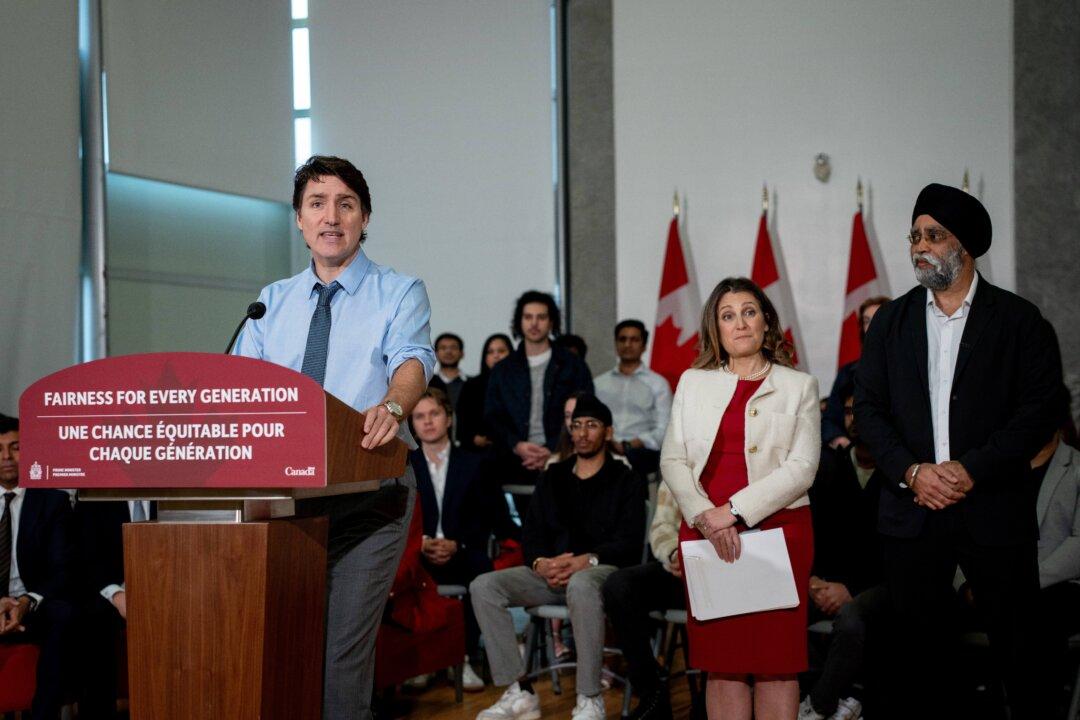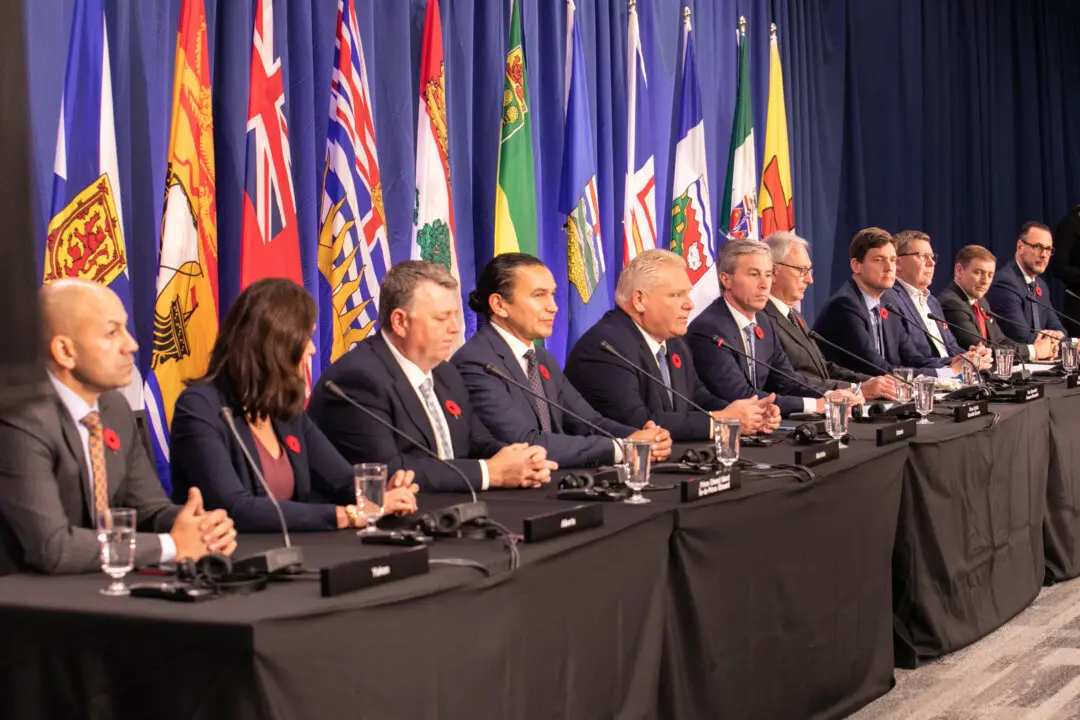That interview, and you know which one, has led to predictable calls for Canada to be a republic. OK. Abracadabra. Canada is a republic. Now what?
No, really. We have been a republic for at least 800 years, which isn’t bad for a nation established 154 years ago. Because on Confederation we received a Constitution “similar in principle” to the United Kingdom, which is … a monarchy, someone shouts. You’re a complete idiot. But first, à la Spike Milligan, not complete, I’m missing several teeth. And second, the shouters are missing the difference between a republic and a monarchy.
It’s not whether your ultimate guarantor of constitutional propriety is Donald Trump or Queen Elizabeth. Or Bill Clinton or Queen Elizabeth. Or Richard Nixon or Queen Elizabeth. Or, to be fair, George Washington or George III. Or Joe Biden or Prince Charles. You win some, you lose some. But republics have nothing to do with a monarchy either way.
A republic, John Adams rightly said, is “a government of laws, not of men.” Today we would say persons, as his wife Abigail would have then. But the essential point is that a “republic” is a “res publica,” a public thing, and a tyranny is not, regardless of form. At which point someone shouts, you’re a complete pedant.
Yup. I’m so pedantic I can tell you that during the early 15th-century upheavals in England, before those of the late 15th but after those of the 14th, etc., the Percys of Northumberland thundered at King Henry IV, “we send mortal diffidatio to you and your accomplices and allies, as traitors and destroyers to the respublica of the realm …”
It didn’t work. At least Henry “Hotspur” Percy was promptly killed at Shrewsbury, and they lost their estates. But they got them back from Henry V, betrayed Richard III for the Tudors, and carried on. (Uh, except the fourth earl, plucked from his horse and slain by his own tenants in 1489; he was carried off.) But nobody thought they were nuts because they called England a republic (or pedantic because they said it in Latin).
As Betrandus Filiusgulielmus observed, “A very common notion in this period was that of the respublica or common-weal which all men, including the ruler, were bound to sustain.” And not just in this period. Some three centuries earlier, before parliament or even Magna Carta, John of Salisbury wrote in Policraticus at the court of Henry II, “The difference between the prince and the tyrant is that the prince obeys the law and governs his people in accordance with right.”
In England, after much commotion, it was firmly established that the monarch reigned but did not rule. Nor did anyone else, from Lord Protector to Prime Minister. The law ruled, and it arose from the people via the common law, Magna Carta, legislatures, and later formal constitutions in the United States, Canada, Australia, etc.
It’s the rule of law that is crucial. Which is why Russia has a president but is not a republic, while Japan has an emperor and is one. And why India has a president and is a republic, while Saudi Arabia has a king and is not. And why Canada is one.
A republic can be parliamentary with monarch or weak president, or congressional with strong president. And if you want to know which system is perfect, you’re asking the wrong guy a silly question. As James Madison observed in Federalist No. 51, “what is government itself, but the greatest of all reflections on human nature?” You see, “If men were angels, no government would be necessary. If angels were to govern men, neither external nor internal controls on government would be necessary.”
Neither being true: “In framing a government which is to be administered by men over men, the great difficulty lies in this: you must first enable the government to control the governed; and in the next place oblige it to control itself.” Different approaches have different strengths, and weaknesses. Strong presidencies put the people’s choice in charge. But with a ceremonial monarchy or presidency, a head of state above politics gives dignity to state functions and provides a constitutional emergency brake.
The Queen could shout “Stop” in a crisis and have people across the spectrum listen. Joe Biden couldn’t, any more than Donald Trump. But Israel’s president might be able to, in their parliamentary republic with ceremonial presidency and powerful prime minister. Like India. Go ahead. Name its president. (I couldn’t either: It’s Ram Nath Kovind.) But you knew its prime minister, right?
You can certainly name Canada’s. Partly because he has too much power. With a supine caucus, impotent Parliament, and no budget or governor-general in sight, our republic may be slipping away. But not because Her Majesty is a foreigner or some such “colonial cringe.”





